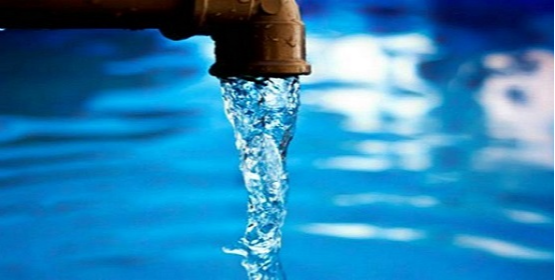
Access to water: A right for all
By María Josefina Arce
In the U.S. city of New York, the UN Conference on Water opens its doors, an opportunity to adopt concrete actions that make it possible to advance in the Sustainable Development Goals and goals related to the vital liquid.
More than 40 years have passed since the previous and first meeting on this issue, held in 1977 in Mar del Plata, Argentina, and this human right, the access of all to this essential resource for life and prosperity of people, is still being violated.
Incredible as it may seem, in the 21st century more than two BILLION people in the world do not have guaranteed access to water. It is estimated that more than 800,000 die each year from diseases directly attributed to unsafe water and poor hygiene practices.
For the experts, this meeting comes at an essential moment, as the world is going through a complex situation and water is at the center of almost all major problems such as climate change, migration, poverty, health and armed conflicts.
The COVID 19 pandemic showed the great inequalities that exist in this regard. When hygiene was most important to avoid infection with the disease caused by the new coronavirus, not everyone was able to comply with this measure.
When the virus became present in the world, three out of ten people could not wash their hands with soap and water, one of the most effective ways to prevent the transmission of COVID 19 and other infectious diseases, according to the World Health Organization (WHO).
Moreover, this resource is essential for production; therefore, the reduction of its existence for various reasons leads to a slowdown in economic growth. International organizations estimate that the economic growth rates of some regions could decrease by up to 6% of the Gross Domestic Product in 2050, as a consequence of losses related to water in agriculture, health and prosperity.
In the midst of this context, the UN Conference, which is expected to adopt the Water Action Agenda, comprising the voluntary commitments of the countries to advance in the global objectives and goals related to the precious liquid, acquires great relevance.
But even more important is to make these commitments effective in order to guarantee access to drinking water for all, recognized in July 2010 by the UN as a human right, essential to improve living conditions.
Eight years earlier, the Committee on Economic, Social and Cultural Rights adopted General Comment # 15 on the right to water and sanitation, which in Article 11 determines that the prerogative to this resource is indispensable for a dignified human life.
As experts point out, access to water and poverty are closely linked, for without water there is no development, and without development it is impossible to eradicate poverty.

